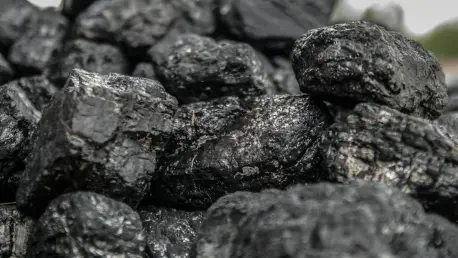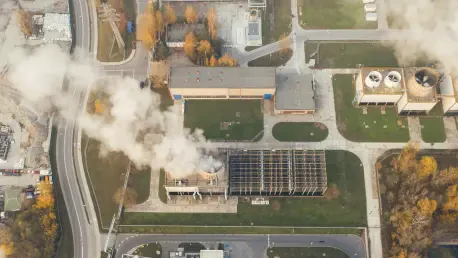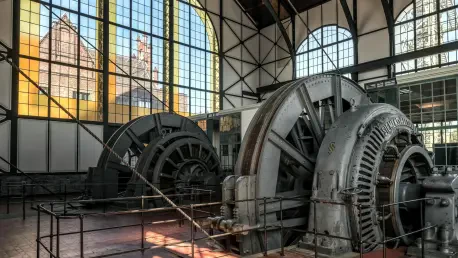
The Trump administration has embarked on an ambitious and controversial journey to revitalize the American coal industry by putting up for auction nearly 600 million tons of coal from federal lands in the Powder River Basin, spanning Montana and Wyoming. This monumental sale, the largest of its

In a startling turn of events at one of France's largest nuclear facilities, an unexpected natural phenomenon has brought operations to a grinding halt, raising critical questions about the vulnerabilities of essential energy infrastructure. The Paluel nuclear power plant, a cornerstone of France’s

The environmental landscape of Europe stands at a pivotal moment, with recent findings from the European Environment Agency (EEA) revealing a troubling trajectory of ecological degradation across 38 countries, casting a shadow over the continent’s natural resources and societal stability. This

In the heart of downtown Denver, at 730 17th Street, stands a 133-year-old architectural treasure that’s undergoing a transformative renovation to align with the city’s strict energy-efficiency standards while preserving its deep-rooted historical essence. Constructed in 1892 and listed on the

Manitoba faces a pivotal moment in shaping its energy landscape, with the long-dormant Conawapa Hydro Project on the Nelson River emerging as a potential game-changer for the province’s future, while raising critical questions about addressing escalating energy needs. This ambitious hydroelectric

In a groundbreaking leap toward sustainable industrial practices, a Swiss company has unveiled an innovation that could redefine steel recycling for high-end manufacturing sectors, based in the historic watchmaking hub of La Chaux-de-Fonds. This pioneering technology harnesses the power of the sun